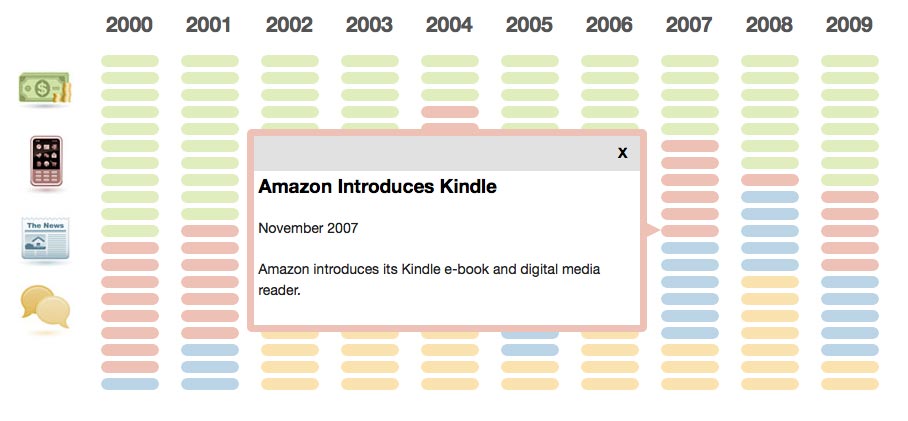
This series of 10 moneymaking tips for journalists began on Adam Westbrook’s blog, but continues exclusively on Journalism.co.uk from today. Adam’s e-book, Next Generation Journalist: 10 New Ways to Make Money in Journalism will be available to download in full on 20 May.
07. aggregate the news
If you get a chance, watch this short documentary by Kate Ray about web 3.0 – what might eventually follow what we now call Web 2.0.
In it, journalism professor Clay Shirky says this:
“If I was going to set up a news business tomorrow, it would be a business designed to create not one bit of content.”
Problem with the internet these days is that it’s too big. There’s too much stuff, thanks to all those pesky bloggers, flickr users, tweeters and facebookers. How do we find what we want among all the noise?
Cue a potentially profitable window for the Next Generation Journalist – aggregating, filtering, sorting, editing content for a particular group of people within a particular niche.
Some of the most popular news websites on the net do this very well already: sites like Mashable and TechCrunch (and of course Journalism.co.uk!) aggregate hundreds of articles every week, as well as adding their own, and make money in the process.
These three sites have something else in common, they all serve very particular niches, niches with new content flooding the internet everyday. There is a demand among the people within each niche for a collection of the best, the newest and the most interesting.
So here’s the business idea: you identify a profitable niche, with a well defined target audience, where the airwaves are constantly being filled with news, comment and analysis. You set up a site to aggregate this content, a process you can do yourself at first and eventually automate with software like Yahoo Pipes. You build a mailing list of subscribers, to whom you send a daily or weekly newsletter summing up the big stories, perhaps adding some editorial content too. Of course, your newsletter is sponsored, bringing in more cash.
From there, events, products, and a whole host of other tricks, all covered in Next Generation Journalist.
Aggregating the news….
- solves a big problem within a defined target market – organising relevant information
- if done well, can turn your website into the go-to place for news on a particular subject or issue
- can eventually become a mostly automated service, freeing up time to pursue other projects, while still generating revenue
Working in a niche or interested in doing so? Looking for new ideas for specialist journalism? Attend Journalism.co.uk’s upcoming event: news:rewired – the nouveau niche. Follow the link to find out more.


